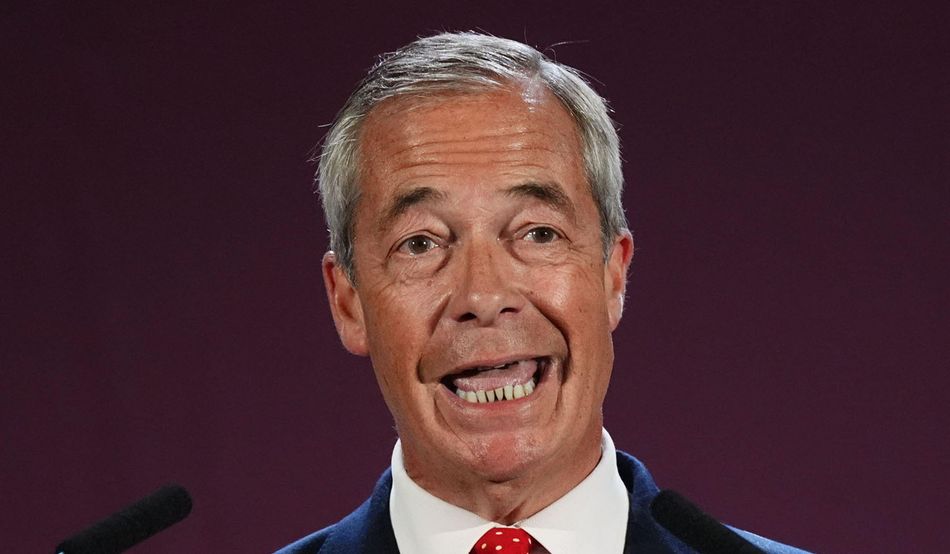British politics is becoming a deportation bidding war. Just as Keir Starmer launches his “one in, one out” scheme with France, which media reports suggest might deport 50 small boat migrants a week, along comes Nigel Farage with a purported plan to forcibly deport 288,000 “illegal migrants” a year. He proposes holding 24,000 in detention at any one time, with no rights whatever for cross-channel small boats migrants even to claim asylum.
To put these numbers in perspective, there is detention capacity at present for only about 2,500 illegal migrants. There were 8,200 forced deportations last year, many to countries where returns agreements apply, such as Albania. Include voluntary departures of illegal migrants and the number of returns only rose to about 32,000.
As for the pool of potential deportees, a record 111,000 asylum applications were made in the year to June, of which small boats arrivals accounted for about 43,000. On present policy, a sizeable proportion of these will end up staying, either because their asylum claims are allowed or because they can’t be returned to their home country. Reform claims it will deport the lot.
So where Labour is bidding to increase deportations by thousands a year, Reform has raised the stakes to the hundreds of thousands. Indeed, Farage is now outbidding himself. A few months ago he rejected calls for mass deportations; now he is championing them.
There is a similar bidding war on changes to the legal machinery for dealing with asylum seekers. Starmer is proposing a new court to deal with claims and appeals faster. Farage says he will dispense with the right of people arriving in small boats to claim asylum in the first place, so that there can be no claims or appeals. To make this possible, he would withdraw from the European Convention on Human Rights and other international treaties, and repeal the Human Rights Act outright.
As for the Tories, they don’t yet have firm policies. But their pre-election Rwanda deportation scheme, never implemented, pointed the way to the latest Reform scheme in key respects. It sought to curb human rights legislation without abolishing it entirely, while providing a supposedly “safe” deportation destination for those from “unsafe” countries like Iran, Afghanistan and Eritrea.
Reform may now seek to remove the “unsafe” category entirely, and try and force even the Taliban to take back “their” illegal migrants. Where this can’t be negotiated, they say they too would seek deportation deals with countries like Rwanda and possibly deploy British Overseas Territories too.
There are huge credibility and humanitarian issues around every aspect of the Farage “plan”. But the immediate response from the other parties—and the media—was strikingly muted, even as Farage outbids himself.
Partly this is because Reform, unlike the Tories, doesn’t have a record on which it can be attacked. Meanwhile, while the Tory leadership dare not be outbid.
Labour is increasingly on the defensive too, as small boat arrivals continue to rise and the government looks powerless in the face of a growing crisis. Number 10 is clearly reluctant to attack Farage’s outlandish proposals lest this draw attention to its own inability to deliver.
But there is a bigger picture: a great international shift against immigration, legal and illegal. Emboldened over recent months by Donald Trump and by Reform’s poll lead, Farage is unrestrained. And he has at least another three years before he might be mugged by reality.
I suspect the bidding has not stopped yet.













